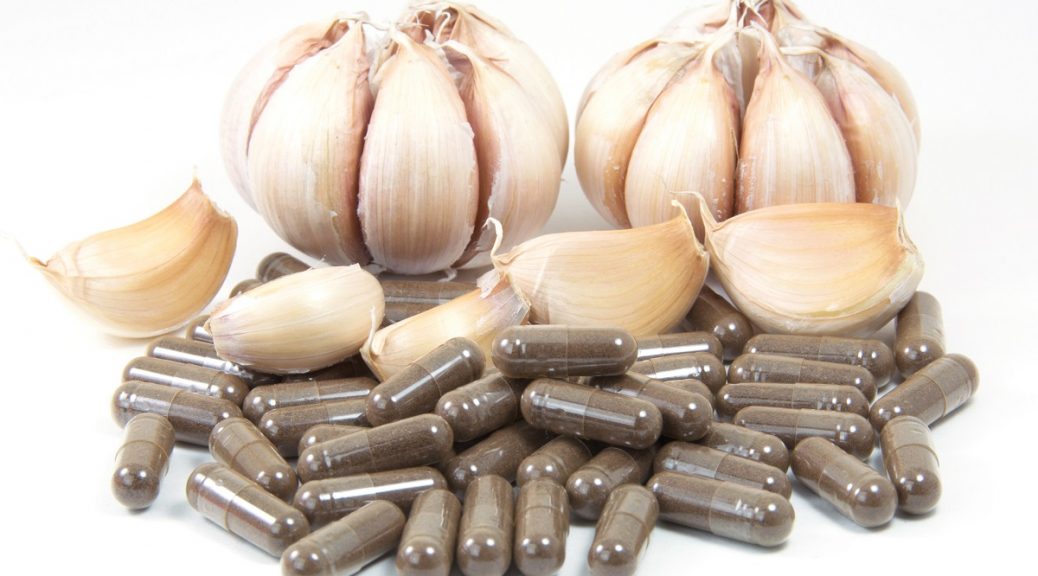
Supplements for High Cholesterol
By medical nutritionist Dr Sarah Brewer, an expert in food, herbs and supplements
Cholesterol is waxy substance needed to synthesise hormones, vitamin D, bile acids and cell membranes. Although it is vital for health, cholesterol imbalances, in which levels of ‘good’ HDL cholesterol are reduced and ‘bad’ non-HDL cholesterol are raised, are associated with furring up of the arteries – especially where dietary intakes of antioxidants form fruit and vegetables are less than ideal. Cholesterol lowering medication in the form of statins is also prescribed when risk of cardiovascular disease is raised, even if cholesterol levels are not.
Coenzyme Q10
Statins lower levels of cholesterol by inhibiting a liver enzyme (HMG-CoA reductase) that is also needed to make a vitamin–like substance called coenzyme Q10. Taking a statin can halve circulating levels of coenzyme Q10 within for weeks. Coenzyme Q10 is needed for energy production in muscle cells and low levels may contribute to the muscle aches, weakness and fatigue that some statin users experience. Taking a coenzyme Q10 supplement does not affect the cholesterol-lowering effect of the statin and may help some people continue to stay on their medication. Taking coenzyme Q10 in the form of ubiquinol (100mg) is usual recommended dose.
Plant Sterols
Plant sterols are the plant version of cholesterol, and have a similar chemical structure although they are not well absorbed themselves. Because of this, they block the absorption of cholesterol within the intestines and taking a plant sterol supplement can lower cholesterol levels by around 15 percent. For optimum cholesterol-lowering benefits, an intake of 2g per day is ideal. Adding plant sterols to statin medication is more effective than doubling the statin dose.
Beta-glucans
Beta-glugans extracted from oats or barley are a type of soluble fibre that act on the liver to reduce your own natural cholesterol production. A daily intake of at least 3g oat betaglucan can lower total cholesterol and LDL-cholesterol by five to 10 percent.
Citrus Extracts
Some citrus fruits contain bitter polyphenols with cholesterol-lowering properties. Drinking red grapefruit juice daily can lower cholesterol by seven to 15 percent, but these grapefruit polyphenols interact with some prescribed medications – including some statin drugs, so if you are taking medication, read the in-pack patient information leaflet, before eating/drinking grapefruit.
Bergamot orange extracts block the absorption of cholesterol from the intestines, and raise ‘good’ HDL cholesterol to improve overall cholesterol balance. Research shows that bergamot orange extracts reduced total cholesterol by 31 percent compared with 30 percent in those taking statins.
Lycopene
Lycopene, the red carotenoid tomato pigment, can lower cholesterol. Studies show that taking 25mg lycopene per day reduces cholesterol by around 10 percent. Having a good lycopene level is also associated with reduced thickness of artery walls.
Garlic
Garlic contains unique, sulfur-containing antioxidants that reduce cholesterol production in the liver. The results from 39 clinical trials, involving 2,300 adults, showed that garlic extracts can lower cholesterol by 10 percent if taken for at least two months. Garlic extracts also have the advantage of lowering blood pressure and reducing blood stickiness. Aged black garlic may be more effective than non-aged garlic.
Red Yeast Rice
Red yeast rice is produced when a yeast, Monascus purpureus, ferments wet rice. Red yeast rice contains a substance, monacolin K, which is identical to the statin drug, lovastatin, and works on the liver in exactly the same way to block cholesterol production. Although red yeast rice extracts sold as food supplements usually have their statin content removed, other ingredients present still have a useful cholesterol-lowering action.
NB If you are taking prescribed medication, always check with your doctor before taking a supplement.
A bout Dr Sarah Brewer
bout Dr Sarah Brewer
Dr Sarah Brewer is a medical nutritionist and an expert in food, herbs and supplements. She qualified from Cambridge University with degrees in natural sciences, medicine and surgery. After working in general practice, she gained a master’s degree in nutritional medicine. Sarah is a licensed medical doctor, a registered nutritionist and a registered nutritional therapist.
Subscribe to her newsletter to get a FREE 46-page PDF Do You Need A MultiVitamin? at nutritionupdates.subscribemenow.com For more information on diet and supplements, visit Dr Sarah Brewer’s nutritional medicine website at www.DrSarahBrewer.com.
www.ExpertHealthReviews.com and www.MyLowerBloodPressure.com.